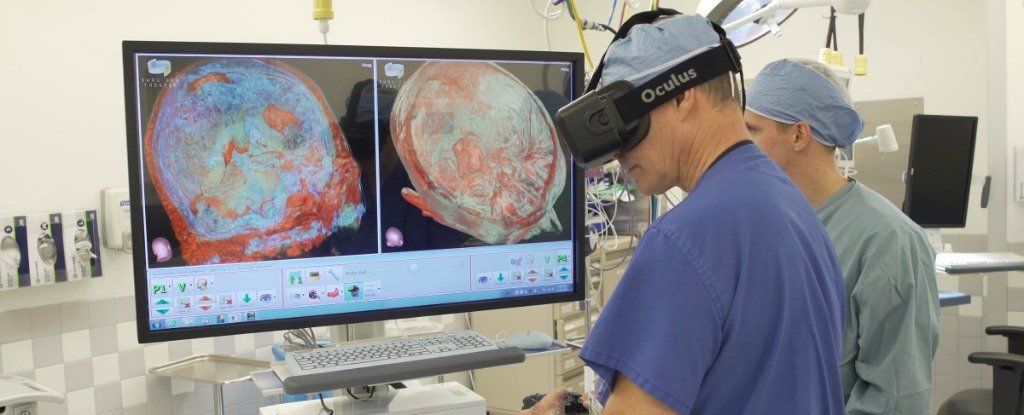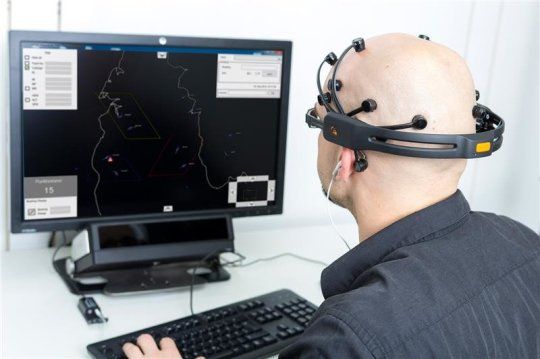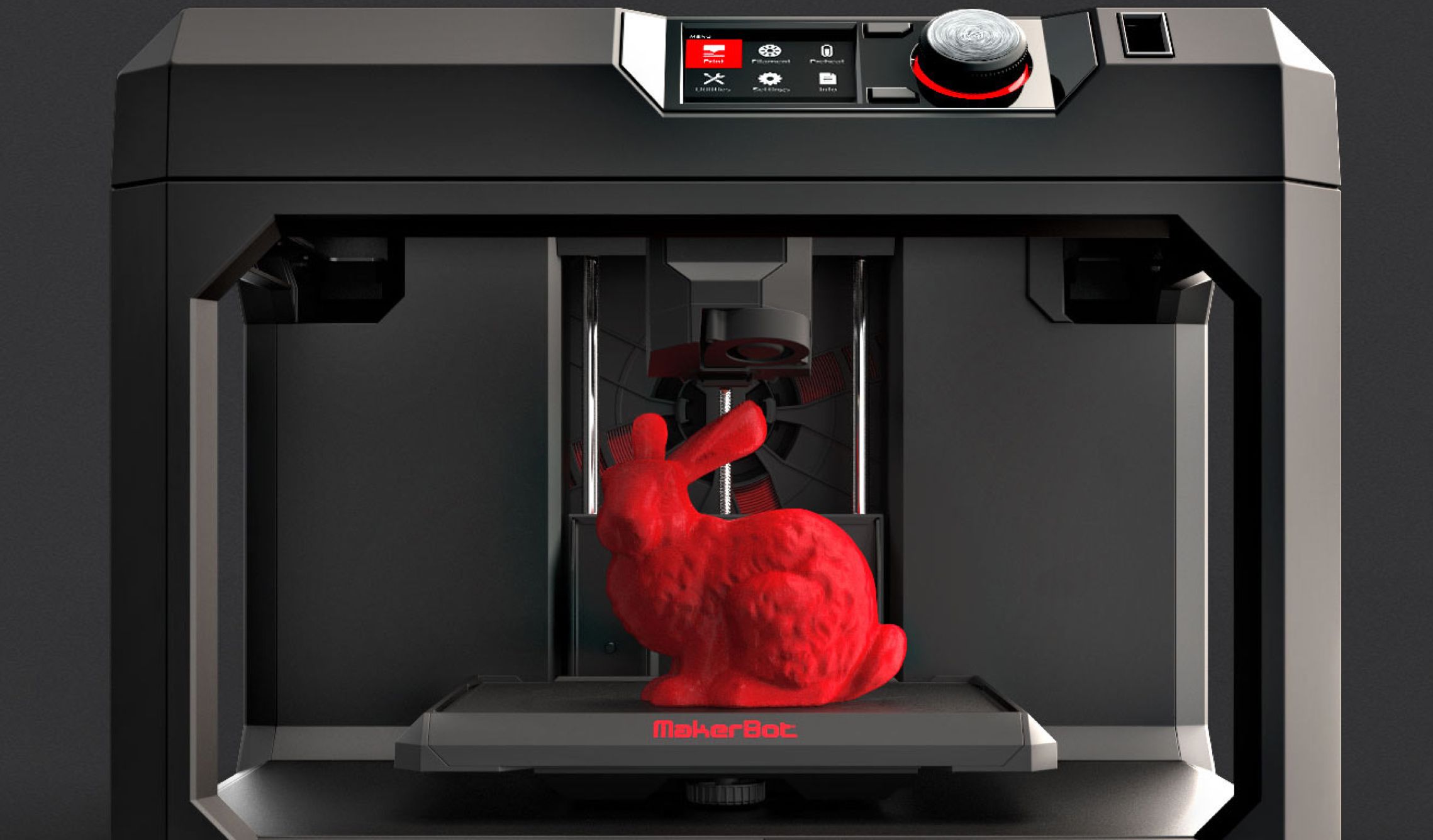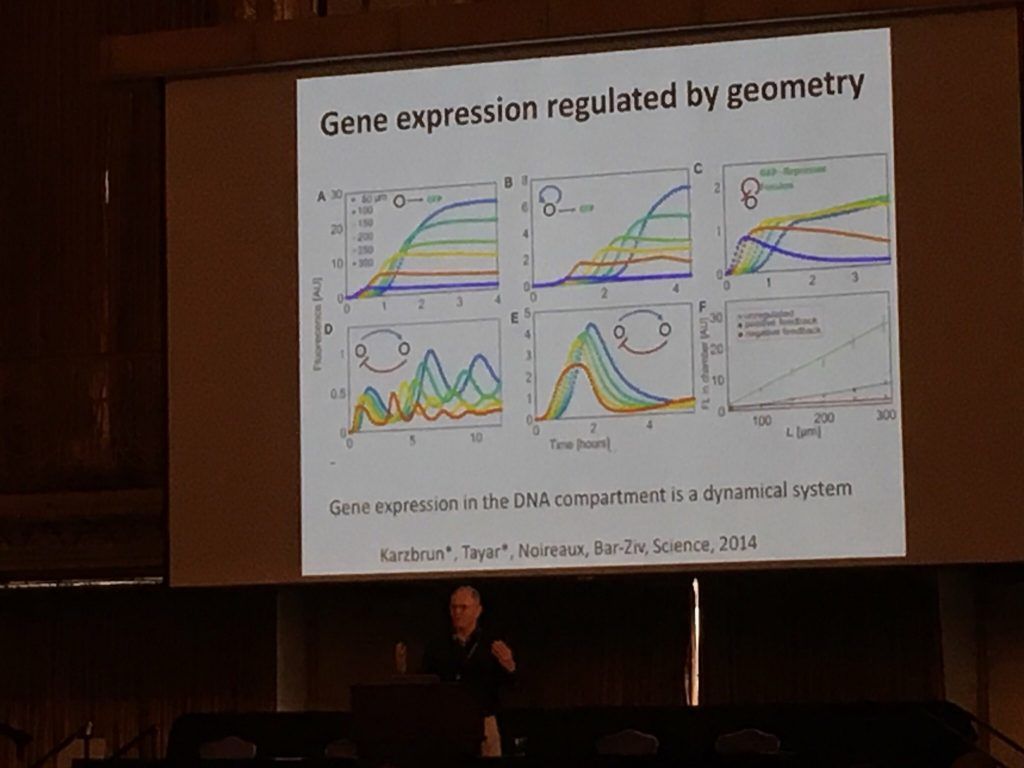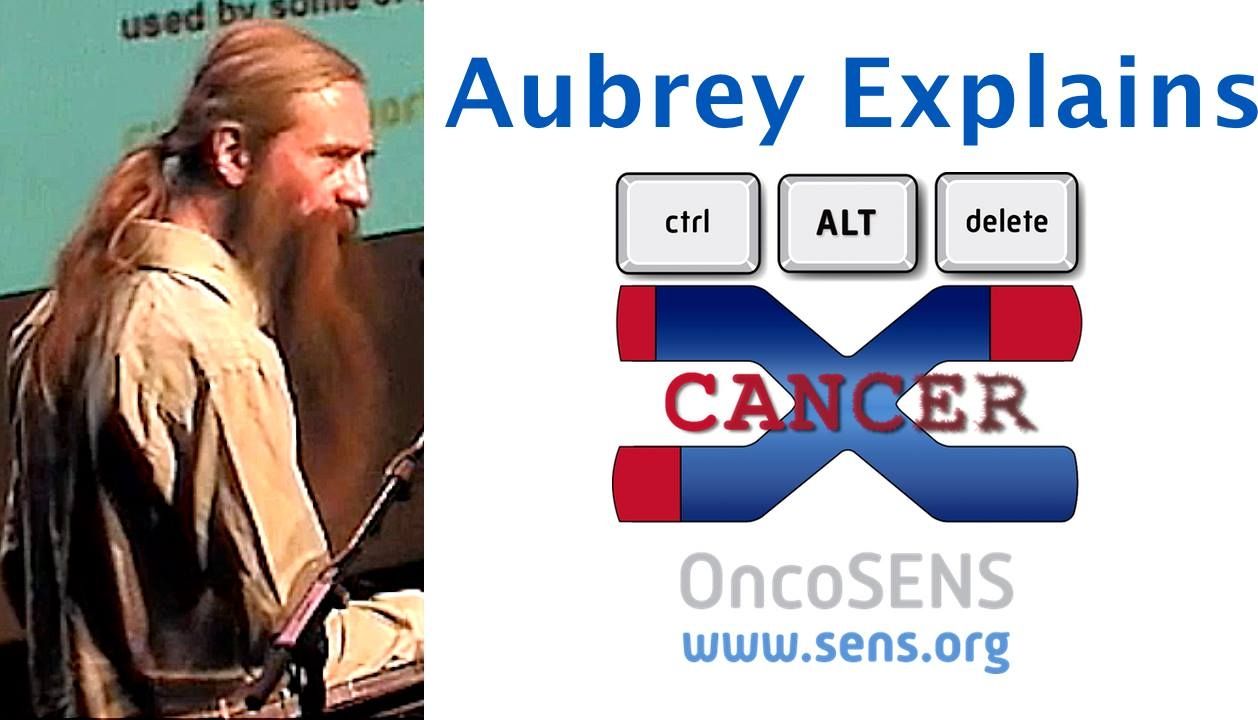Aug 3, 2016
A team of ex-fighter pilots have invented a new way for surgeons look inside brains
Posted by Shailesh Prasad in categories: biotech/medical, neuroscience, virtual reality
Fighter pilots and brain surgeons have a lot in common. With limited time and a high degree of risk, they must zero in on a dangerous target with the intent to destroy, making sure to minimise any collateral damage.
Perhaps no one understands that relationship better than Alon Geri and Moty Avisar, veterans of the Israeli Air Force and co-founders of Surgical Theatre, an Ohio-based company that brings state-of-the-art virtual reality to brain surgeons.
Physicians in thick black goggles can step inside a patient’s skull, explore the malformed region, craft a strategy for entry, elimination, and exit, and even do dry runs of the surgery itself. When it comes time to make the first incision, there are fewer surprises.
